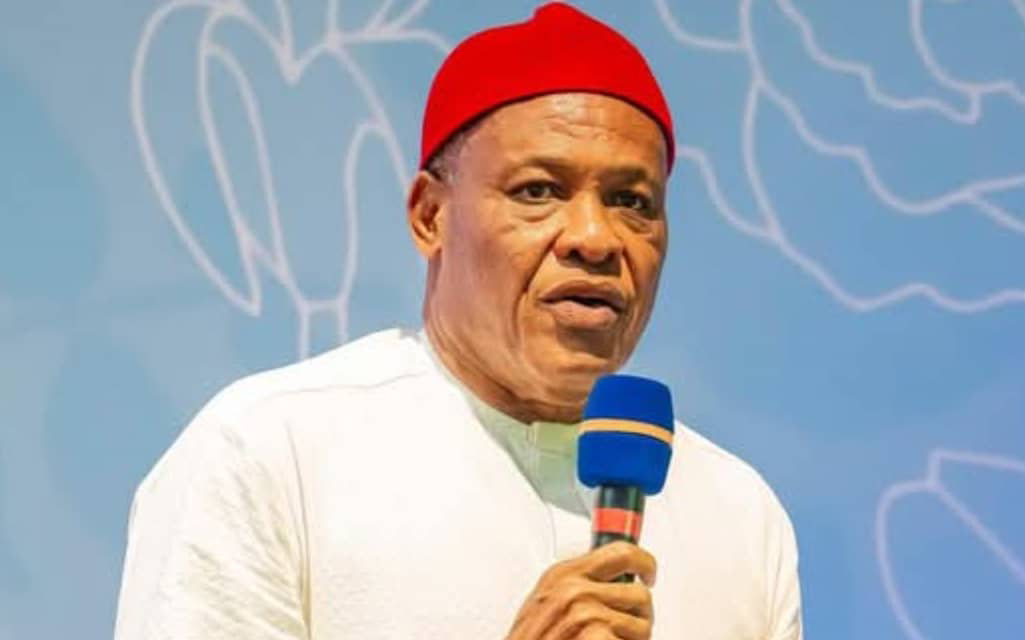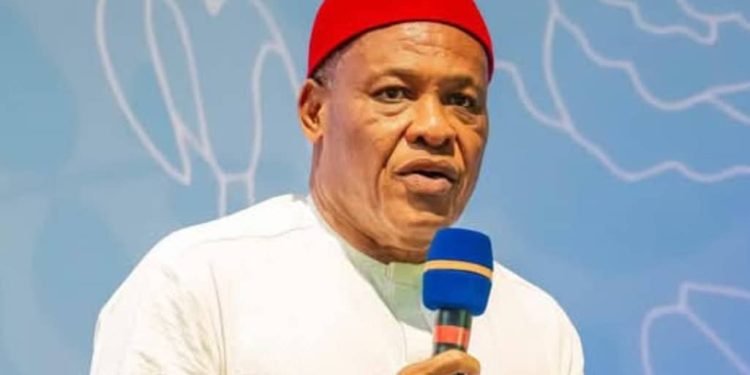In a country as incredibly diverse as Nigeria, patriotism needs to be more than just saluting the flag or singing the anthem. True Nigerian patriotism is about a shared commitment to justice, unity, fairness, and moving the nation forward, no matter your ethnicity or religion. With over 250 ethnic groups and numerous religious beliefs, Nigeria’s diversity is its biggest asset.
However, this diversity has often been used to create divisions and mistrust. It’s time to redefine what it means to be patriotic in Nigeria and embrace a broader, more inclusive vision of national unity.
The Challenge of Divided Loyalties
Historically, loyalties to ethnic groups and religions have often taken precedence over national interests, becoming tools for political maneuvering, conflict, and exclusion. Instead of building a common Nigerian identity, these divisions have been exploited by politicians and other groups to create an “us versus them” mentality. This has led to a fragmented society where people often identify more strongly as Yoruba, Hausa, Igbo, Christian, or Muslim before identifying as Nigerian. This misplaced priority undermines national development and weakens the bonds of patriotism that should hold us together.
ALSO READ: https://nationscuriosity.com/esther-okoronkwo-crowned-super-falcons-fans/
Redefining Patriotism: A Call to Action
To truly unite Nigerians, patriotism should be redefined as loyalty to the ideals of justice, fairness, and the collective good, not blind allegiance to a tribe or religion. Being patriotic should involve speaking out against corruption, demanding accountability, upholding the rule of law, and supporting policies that benefit all Nigerians, not just a select few. It means celebrating our differences while recognizing the common values we all share: the desire for peace, prosperity, and progress.

Cultivating National Unity Through Education and Civic Engagement
Education and civic orientation are crucial for reshaping perceptions of patriotism. From primary schools to universities, the curriculum should promote national consciousness, cultural tolerance, and an understanding of our shared history. Programs that encourage inter-ethnic collaboration, like the National Youth Service Corps (NYSC), should be strengthened and refocused to instill lasting values of unity, not just temporary exposure. When young Nigerians are taught to see each other as fellow citizens first, the foundations of true patriotism are laid.
The Role of Religious and Traditional Institutions
Religious leaders and traditional institutions also have a vital role in bridging divides and promoting unity. Instead of being passive or partisan, these institutions must act as moral compasses that champion peaceful coexistence and national harmony. Sermons, cultural festivals, and community engagements should emphasize our common humanity and the spiritual importance of love, tolerance, and service to one another, regardless of ethnic or religious identity.
Media’s Responsibility in Nation-Building
The media must also step up to the challenge of nation-building by promoting narratives that highlight unity, resilience, and shared progress. Sensational reporting that fuels ethnic or religious tensions needs to be replaced by responsible journalism that inspires national pride and educates the public. Artists, filmmakers, musicians, and influencers should use their platforms to create stories and content that reflect the beauty of Nigeria’s diversity and the power of unity.
A Shared Destiny for Nigeria
Ultimately, rethinking patriotism requires a deliberate shift from superficial, divisive sentiments to a deep, values-driven nationalism. Nigerians must begin to see themselves not just as members of ethnic or religious groups, but as stakeholders in a shared national destiny. True patriotism isn’t about tribal superiority or religious dominance; it’s about building a nation where justice prevails, opportunities are equal, and every citizen feels a sense of belonging. Only then can we truly unite across ethnic and religious lines and build the Nigeria of our dreams.


